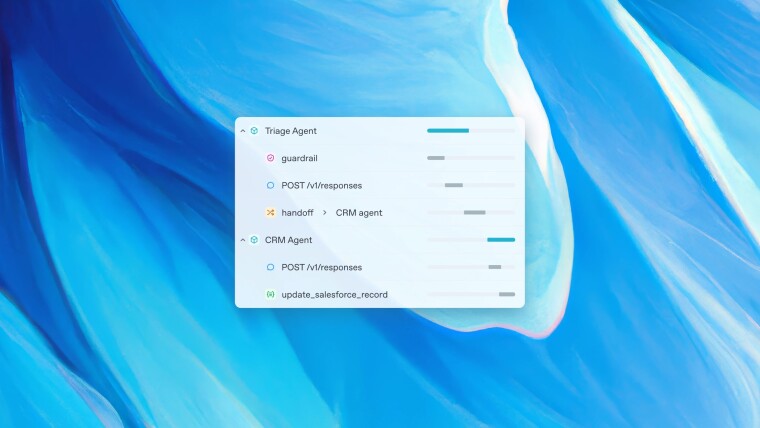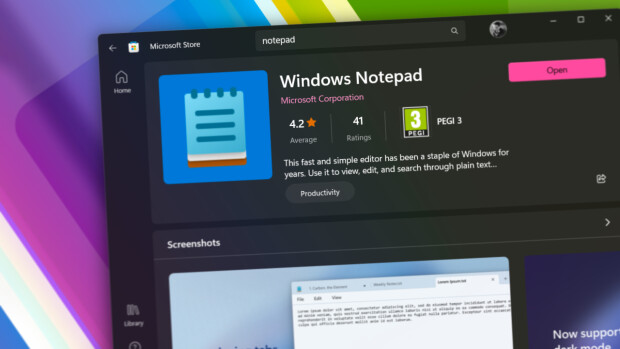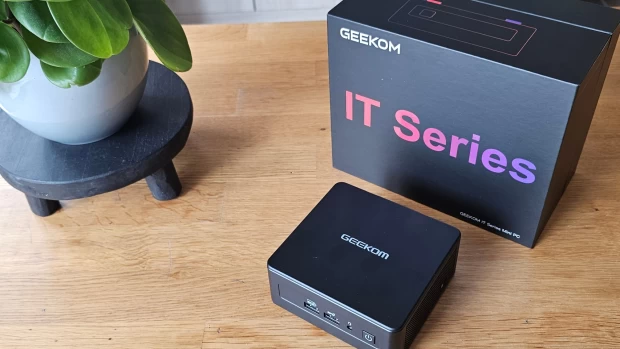
While ChatGPT drives significant revenue for OpenAI, their commitment to AI developers remains strong. Recognizing AI agents as the future, OpenAI acknowledges the difficulty in building robust, production-level agents with current tools. To address this, they've now unveiled new tools to simplify the creation of advanced AI agents capable of handling complex, multi-stage operations for both developers and businesses.
The new Responses API is a new API primitive for developers to take advantage of OpenAI’s built-in tools to build agents. It combines the simplicity of Chat Completions with the tool-use capabilities of the Assistants API. Using a single Responses API call, developers can execute complex tasks using multiple tools, including web search, file search, and computer use, and handle multiple model turns.
Using the new Responses API, developers can also easily store data to evaluate agent performance using features such as tracing and evaluations. The Responses API will be replacing the Assistants API in mid-2026.
Responses API will come with the following built-in tools:
-
Web search will allow developers to get up-to-date answers with related citations from the web. The new Web search tool can be used when using gpt-4o and gpt-4o-mini. OpenAI highlighted that GPT‑4o search preview and GPT‑4o mini search preview scored 90% and 88%, respectively, in the SimpleQA benchmark. The web search tool is priced at $30 and $25 per thousand queries for GPT‑4o search and 4o-mini search, respectively.
-
File search will allow developers to easily find relevant information from large volumes of files. This new tool supports multiple file types, query optimization, metadata filtering, and custom reranking. The file search tool is priced at $2.50 per thousand queries, and file storage at $0.10/GB/day, with the first GB free.
-
Computer use will allow developers to complete tasks on a computer. This tool is powered by the same Computer-Using Agent (CUA) model that enables OpenAI Operator. Computer use is priced at $3/1M input tokens and $12/1M output tokens.
In addition to the above new tools, OpenAI also announced their new Agents SDK to help developers orchestrate their multi-agent workflows. It comes with the following improvements over the Swarm experimental agents SDK OpenAI released last year:
- Agents: Easily configurable LLMs with clear instructions and built-in tools.
- Handoffs: Intelligently transfer control between agents.
- Guardrails: Configurable safety checks for input and output validation.
- Tracing & Observability: Visualize agent execution traces to debug and optimize performance.
The Agents SDK will work with the Responses API and Chat Completions API. Developers can also use the same SDK with non-OpenAI AI models if they support a Chat Completions style API endpoint.
OpenAI has committed to enhancing its platform with deeper API integrations and new tools for deployment, evaluation, and optimization of agents, particularly as models with improved agentic capabilities emerge.




















2 Comments - Add comment